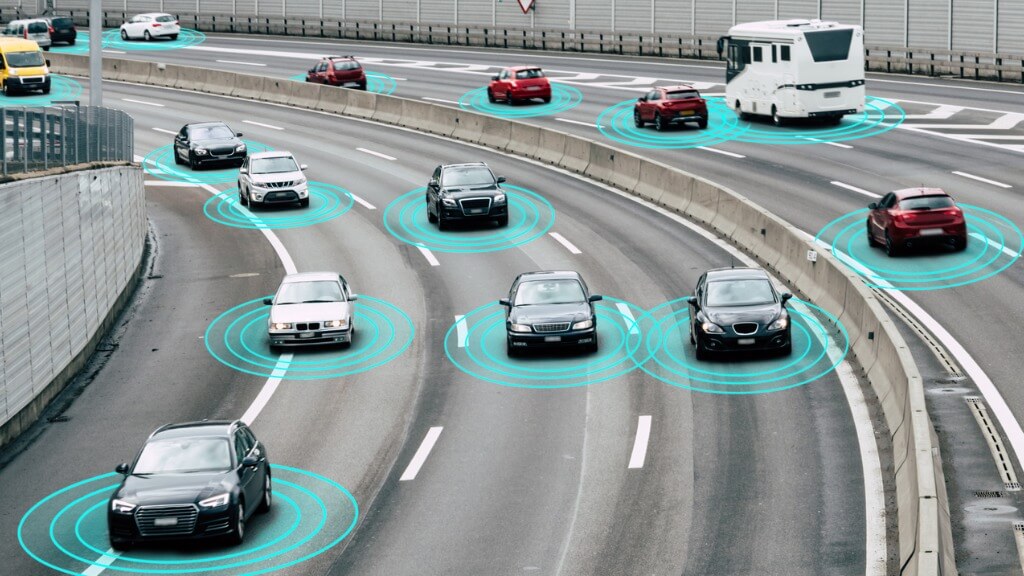
How we use and pay for transport is changing in line with heightened traveller expectations and the pace of change in technology.
When we’re on the move, we expect to be kept up to date with the latest travel information. We also want to be able to book and pay for our journeys with the touch of a button on our smartphones.
These growing customer demands are shaping how our transport services run – public transport in major cities such as London, for example, has become better connected and easier to use.
The sector as a whole is shifting towards an on-demand model, known as Mobility as a Service (MaaS), where passengers use one platform to fulfil their travel needs.
Taxis are already leading from the front in creating a travel experience that fits with this on-demand model – local firms are always where you need them to be and able to offer customers a personalised door-to-door service. What other lessons can we take away from the work that taxis are doing today?
Thinking beyond ‘the city’
Businesses and consumers share the same vision for the future – one where we’ll be able to move around by using multiple modes of transport, all of which operate as a connected service. Every method of travel will be incorporated into this network, including buses, trains, taxis and bikes.
Transport providers will need to collaborate to make the experience of travelling a seamless one though. We should be able to keep abreast of local travel options through a single app, which will provide us with information on arrivals and departures and allow us to pay for all our journeys in one place. Speed, efficiency and reliability will be top of the agenda.
But if we want this new ecosystem to work for everyone, we need to think beyond the city and take into account those in rural areas too.
Integration and connectivity of transport is essential for those living outside of urban areas – which is why local taxis, with their widespread availability, can serve as that initial link in getting people from A to B.
Using data effectively
Data is being used to power multiple industries and infrastructures – and transport is no different. Insights drawn from the technology powering today’s transport already provide an excellent base of knowledge to help shape the travel models of tomorrow.
These insights also have a crucial role to play in fuelling the autonomous vehicles that we’ll eventually see on our roads.
The good news is that taxis are paving the way with their use of data. Automated booking and dispatch software is being used by local firms to analyse the huge number of trips they make every day – they are collecting information on passenger habits, journey times and other key stats.
When used effectively, this information can form the basis of town mapping for mobility solutions of the future.
It can answer complex questions for us such as ‘How will autonomous vehicles communicate with the environment and other vehicles?’ and ‘Which routes do we need to invest more heavily in if everything is to operate smoothly?’ Answering these questions will enable us to improve the user’s experience and help services to run efficiently.
Passenger intelligence
The latest technology, which provides up-to-the-minute customer insight, is enabling taxi companies to see and predict customer demand – as well as draw conclusions about travel habits in their patch.
Being able to anticipate a surge in bookings or quieter periods means companies can manage their fleets accordingly and avoid adding to congestion with unnecessary cars on the road. They can even use collaborative technology to pass jobs to one another and therefore meet customer demand better.
It is easy to see how insights from data derived from taxis will transfer across the transport network and help it to run more intelligently. Transport operators can take information from passenger bookings and use this to update wait times or improve traffic flow on major routes by managing the number of vehicles in use.
Driverless cars are another example of how a deeper understanding of passenger travel habits will be essential when building vehicles for the future.
Seamless travel comes from knowing who your customer is and how they use your service, which is why car manufacturers are among those looking to tap into the data-rich resources that taxis currently offer.
In years to come, we can look forward to a transport system that is reliable and moves with us – and we will have taxis to thank for laying the foundations and helping to make it all possible.
Safa Alkateb is CEO of Autocab.
Thanks for signing up to Minutehack alerts.
Brilliant editorials heading your way soon.
Okay, Thanks!

